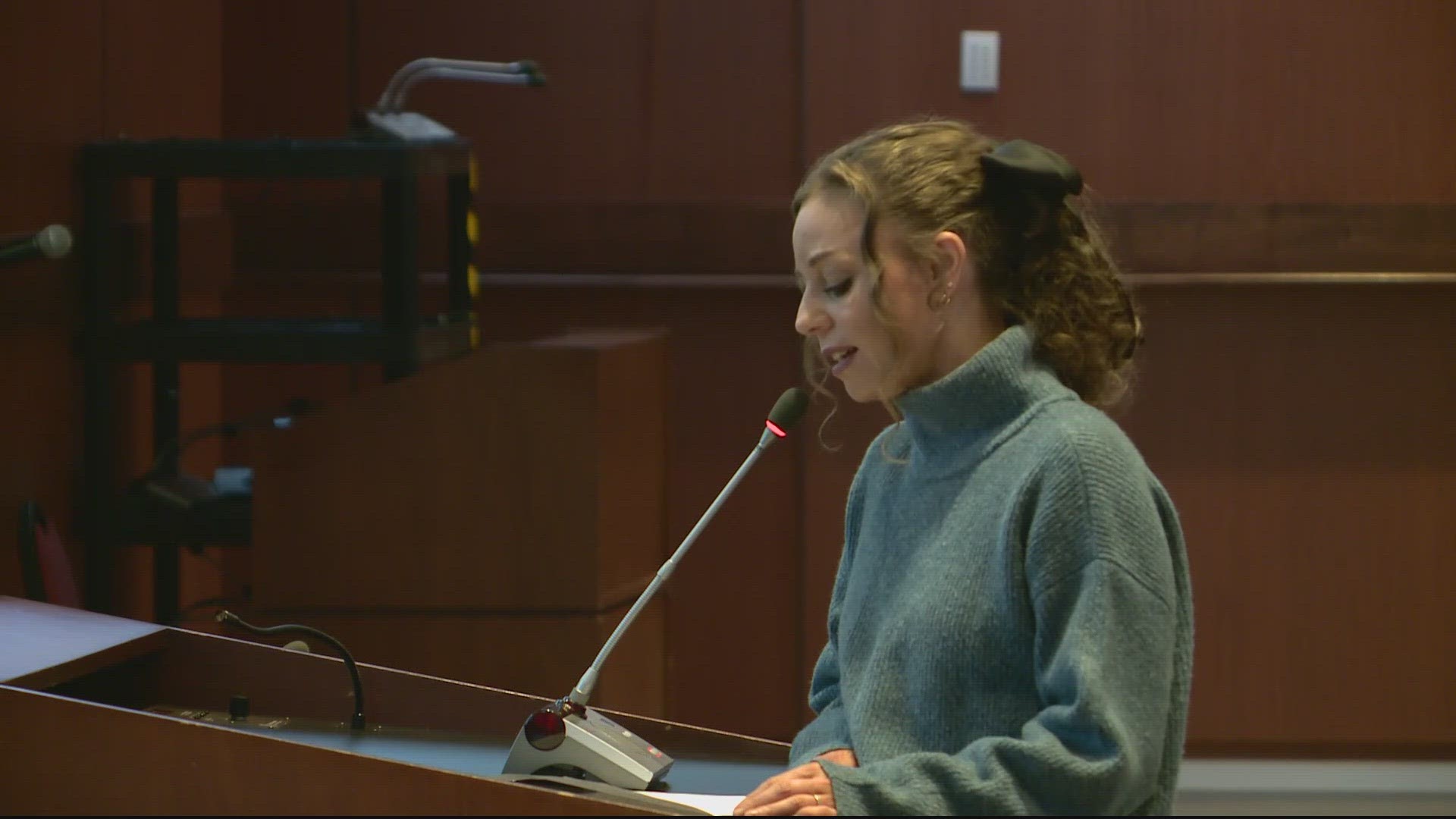VIENNA, Va. — Another student has suffered an overdose in Virginia. This time in Fairfax County.
In accordance with Executive Order 28, which requires parents to be notified of all school-related overdoses, a letter was sent out on Thursday reporting the non-fatal overdose at Oakton High School. Officials say the student who overdosed is expected to be ok.
Out of concern for that student's privacy, no further information will be released.
In a letter to families, Superintendent Michelle Reid said "We do want to be sure that every parent and caregiver has appropriate resources, as we know that substance misuse continues to be a problem in Fairfax County, as well as throughout the Commonwealth and nationwide."
Reid later added that talking to your child about substance misuse is one of the best ways to help.
Here are some tips from the Substance Abuse and Mental Health Services Administration (SAMHSA) to help guide that conversation:
- Show you disapprove of underage drinking and other drug misuse. Young people listen to the adults in their lives. More than 80% of young people ages 10-18 say their parents are the leading influence on their decision whether to drink.
- Show you care about your child’s health, wellness, and success. Young people are more likely to listen when they know you are on their side. Make sure they know that you are talking to them about substance misuse because you care about their safety and well-being.
- Show you are a good source of information about alcohol and other drugs. You want your child to make informed decisions about alcohol and other drugs with reliable information about their dangers. Establish yourself as a trustworthy source of information. Helpful resources are linked below.
- Pay attention to your child and discourage risky behaviors. Show you are aware of what your child is up to, as young people are more likely to drink or use other drugs if they think no one will notice. Discourage unhealthy risky behaviors like substance use, while encouraging healthy activities.
- Build your child’s skills and strategies for avoiding drinking and drug use. Even if you don’t think your child wants to drink or try other drugs, peer pressure is powerful. Children will make better choices when they have a clear plan to avoid alcohol and drug use. Talk with your child about what they would do if faced with a decision about alcohol and other drugs, such as texting a code word to a family member or practicing how they will say “no thanks.”
RELATED:
WATCH NEXT:

